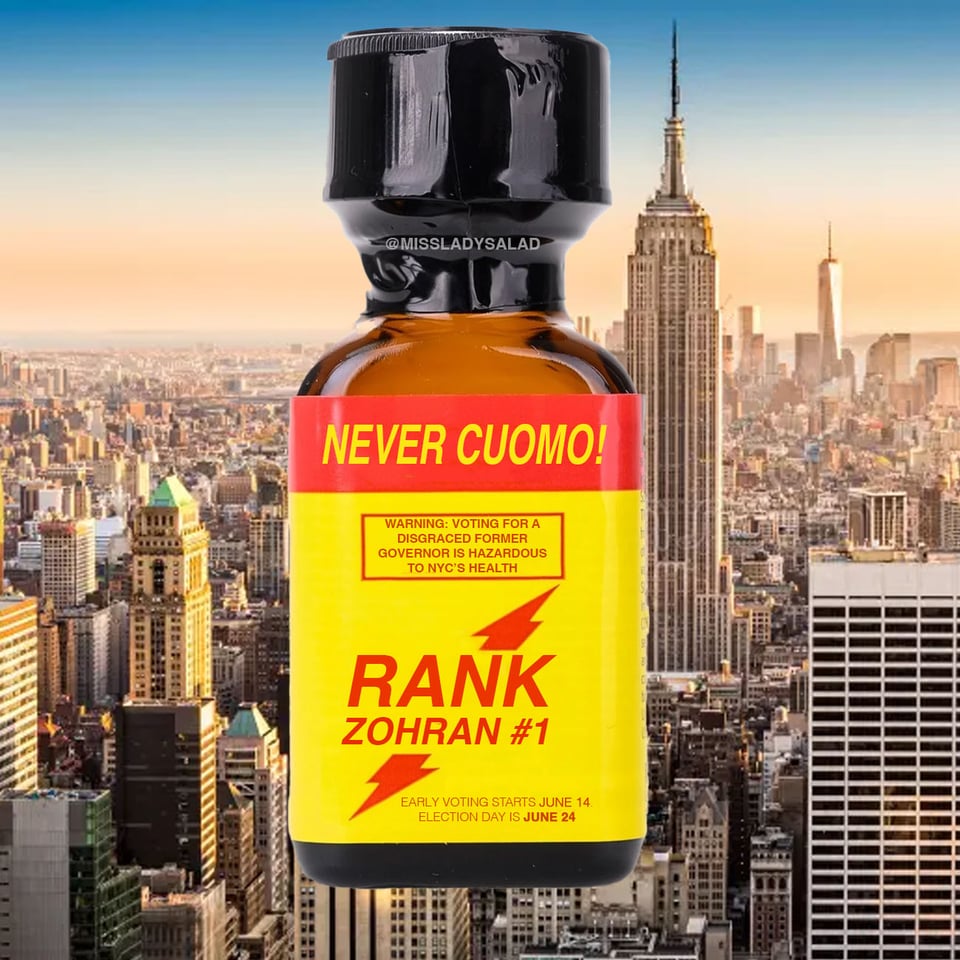Corvidae and death to empire
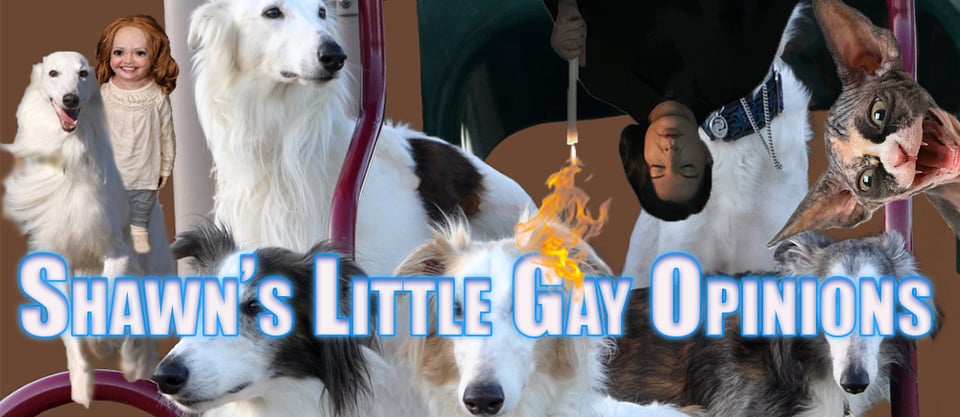
I’ve been having stranger dreams than usual lately. Last week I woke up in the middle of the night and typed what I remembered into an email draft. Something about diving for pearls and meeting small blue penguins at a lemon juicing competition. Normal things.
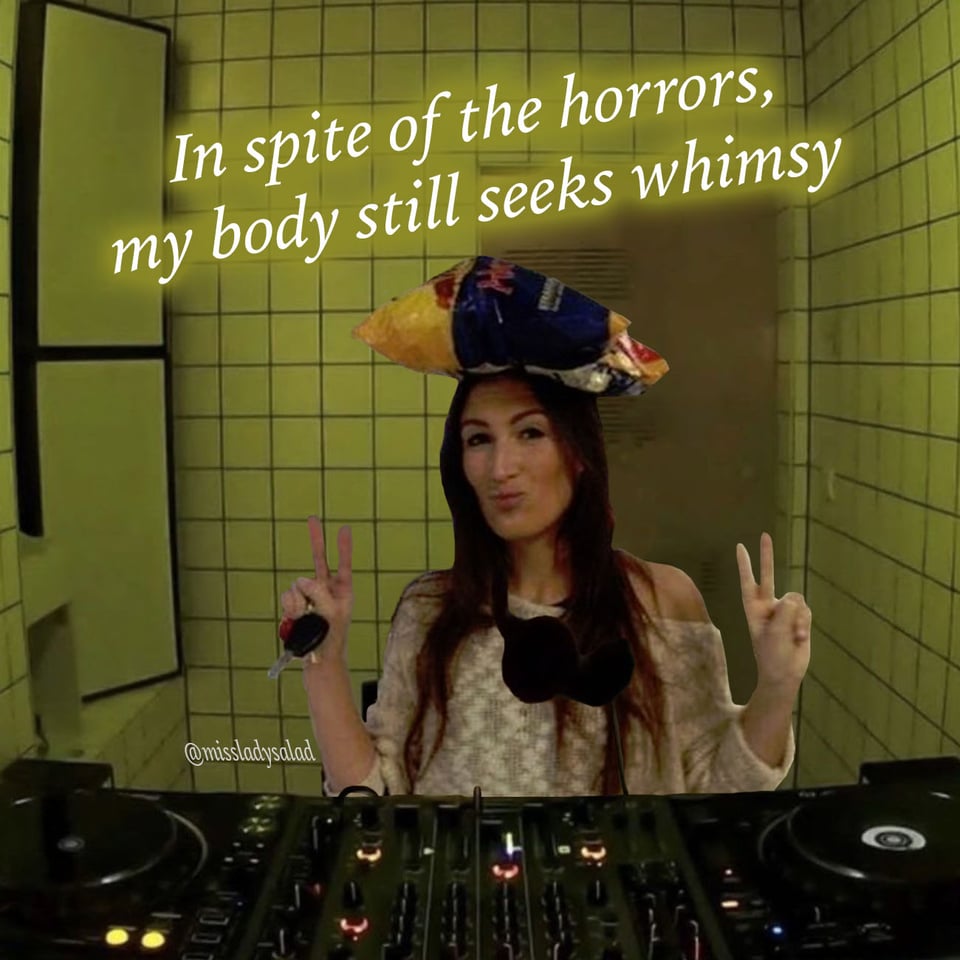
I was formally woken up by blue jays on my fire escape, new guests that have started to visit our little urban garden since I made a habit of placing wild bird seed out. They’re loud and aggressive members of the Corvidae family (like crows and ravens) that get a bad rep for being loud and aggressive (which they are). I personally like them.
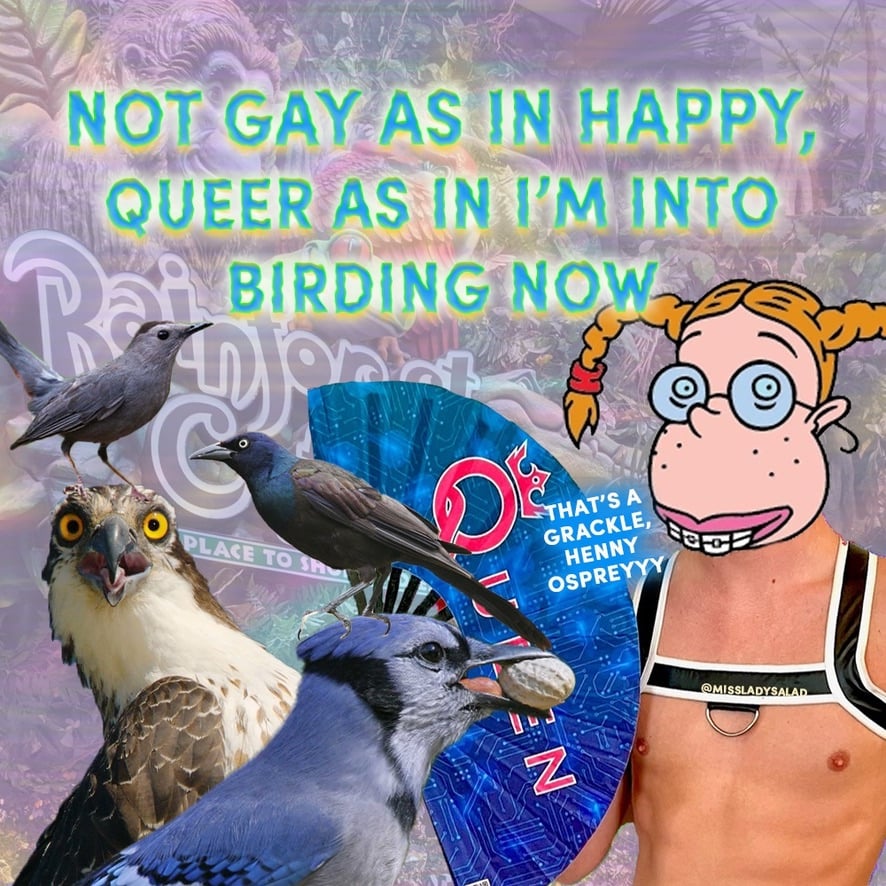
Since becoming a more avid birder a few years ago, it’s been special to visit familiar places with a new set of birder eyes. Going back to El Paso –– where I grew up and where my family is from –– is always full of “oh fuck look at that one” as birds I never paid much attention to as a kid make themselves known. The last time I was there I was visited by a scrub jay, a less flashy and aggressive, but still blue and beautiful corvid. I am humbled and awed by how visiting what has always been known with a new perspective can bring wonder.
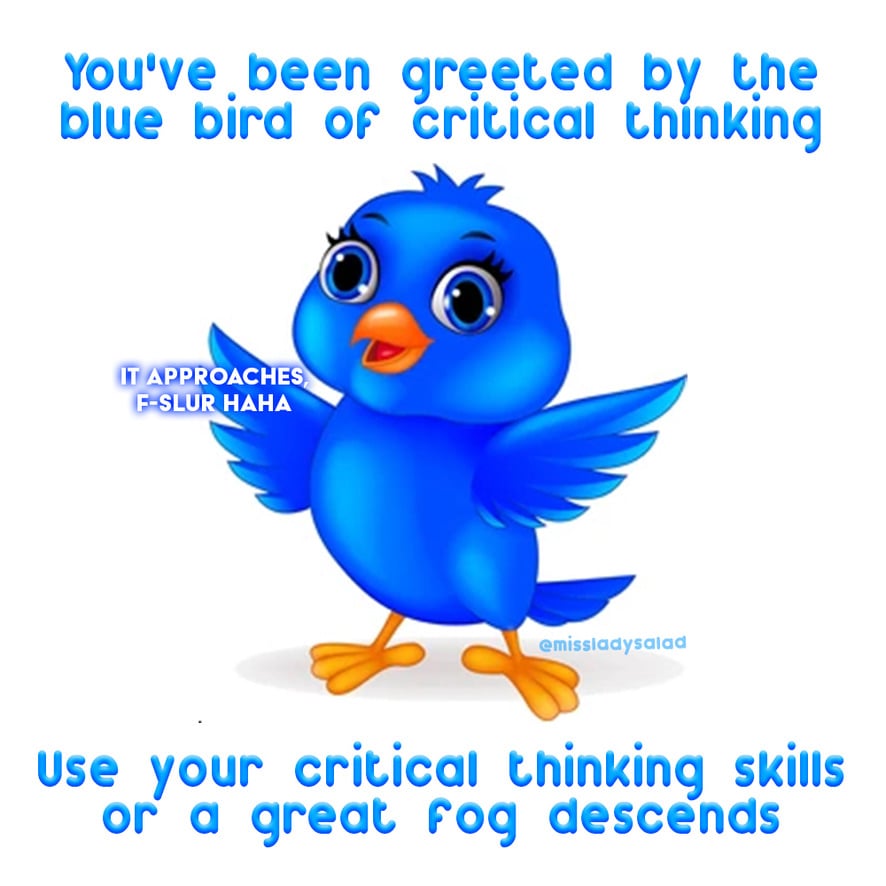
I thought of the scrub jay and the desert sand as the blue jays screamed outside. The light from the window hit my makeshift altar where a few items from my grandparents sit –– my maternal grandmother’s scarf and jewelry, my dad’s mom’s funeral card and his dad’s old lighter nestled amongst marigold clippings from the planters outside.
I never met my paternal grandfather. He was a small Mexican man who apparently loved to eat jalapeños like they were apples. Both he and my grandmother lived in an adobe house the family had built near the border of Ciudad Juarez, where they would cross with ease. Their grandparents were all born and raised in Mexico so coming and going was a part of their lives. The border was something that was crossed, and the line was a bit blurry in El Paso, a “frontier town” with a rich intersection of colonialism and indigeneity. This makes sense for a city whose English translation means “The Pass.”
My grandfather Antonio died on the roof of that house four years before I was born while the family gathered for a post-Mother’s Day meal inside. They think he sustained brain trauma in WWII after the Germans bombed an old barn his unit was in. He was left for dead, but managed to walk himself back to his unit ahead of their liberation of Dachau. He never talked about the war. I was told he didn’t speak much English at the time and thought joining the army was the only option he had to help support the family. I can’t imagine what he saw, though as images of Gaza continue to populate, I have more of an idea than I once did.
As the blue jays cawed, I thought of Paw. The news keeps rolling in about the horrors of ICE, the deportations in New York, the impact on the border near where I grew up. I wonder what he would think about this? How would he feel about the genocide ongoing in Gaza and the threats to obliterate Tehran? Would he feel safe visiting New York? Would he be safe in El Paso?
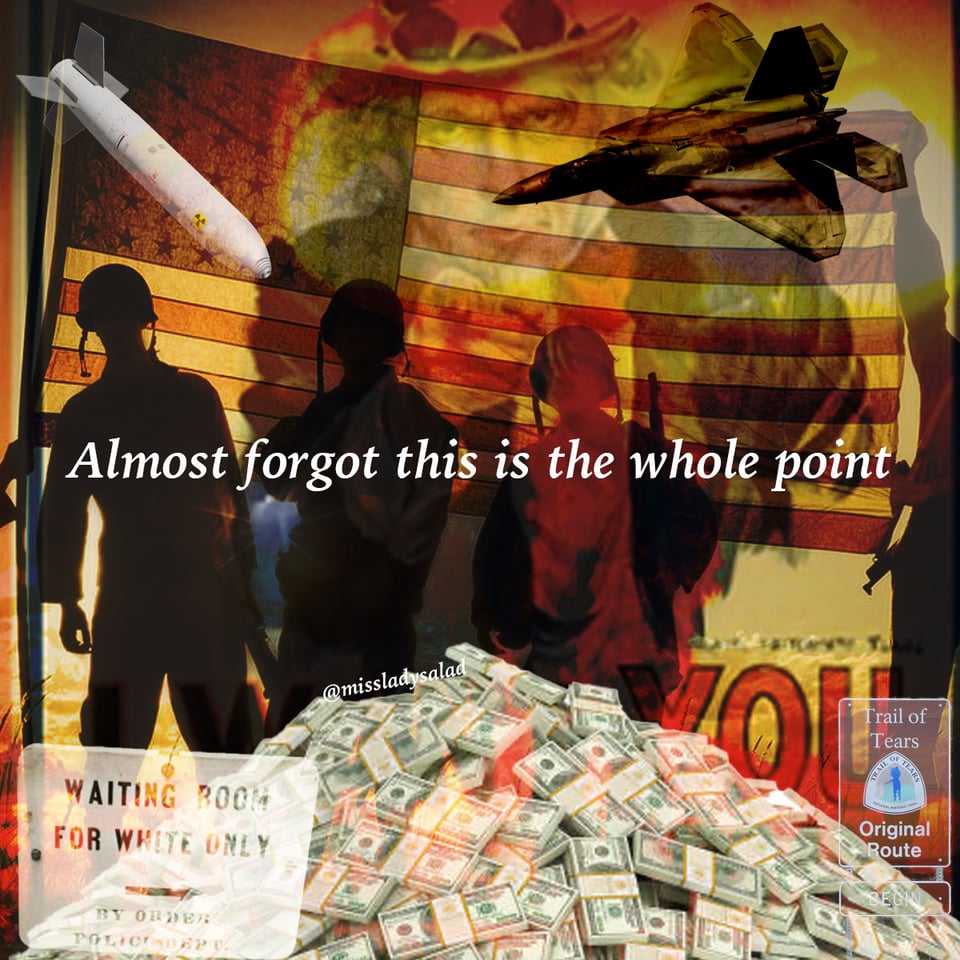
Growing up, my dad shied away from teaching me Spanish. In talking to other friends with parents of different cultures, it isn’t uncommon for the “different” parent to try to force their kids to assimilate out of the shame and fear they experienced. I imagine a lot of this came down from Paw. But I still have his El Chuco lighter and I still place marigolds out for him and Nina. Making sense of the world right now has me trying to see what is already here with new eyes –– the birds, the importance of where we come from, the history of land and the perversion of borders.
The scrub jay has never doubted flying south and back again. And there is no question for their different shaped relatives on my fire escape. I am wiping the dust off of the lighter and asking myself to remember what has always been here, to see it again with newer eyes. I wish you the same.
A throat tattoo for Paw (in Comic Sans):
Free Palestine. Fuck borders. Save your local birds and hug your local trans women. LYLAS
